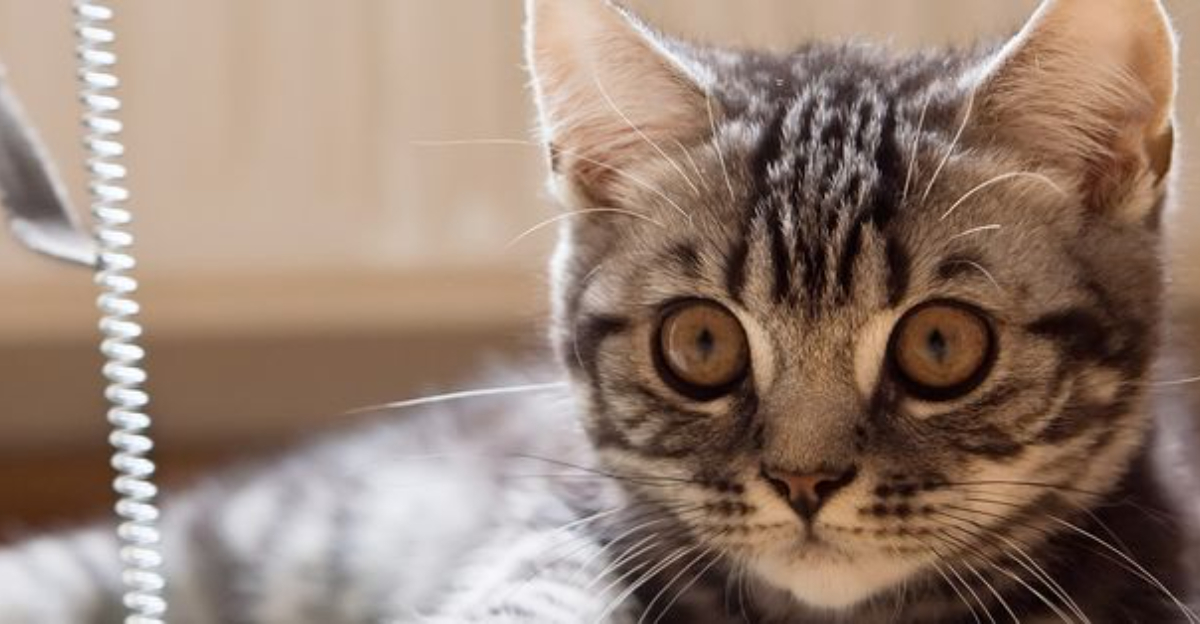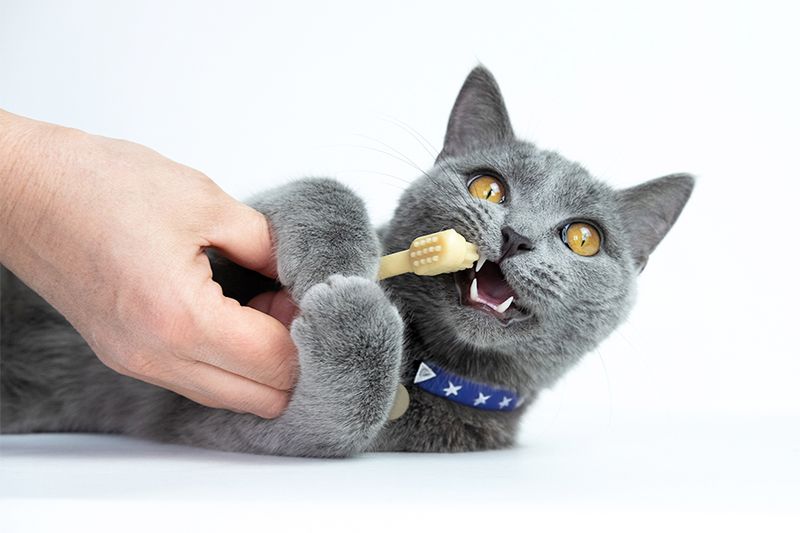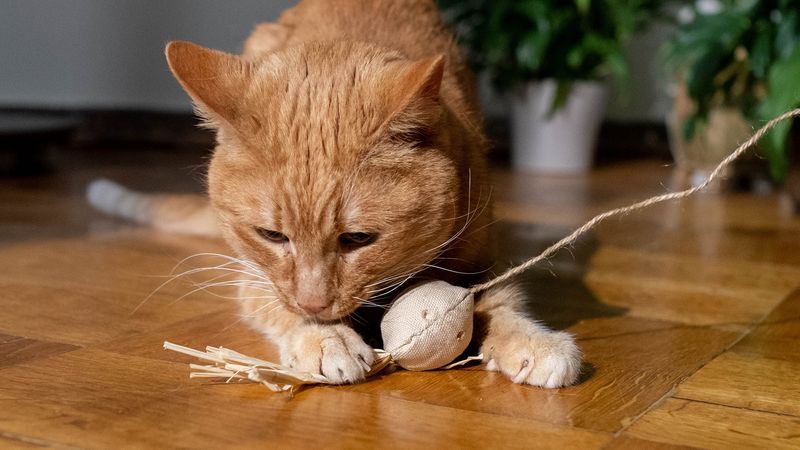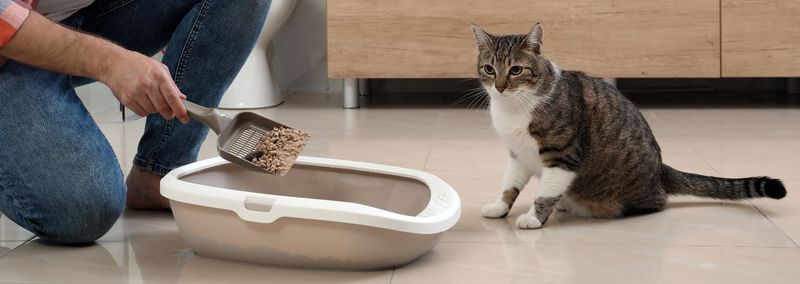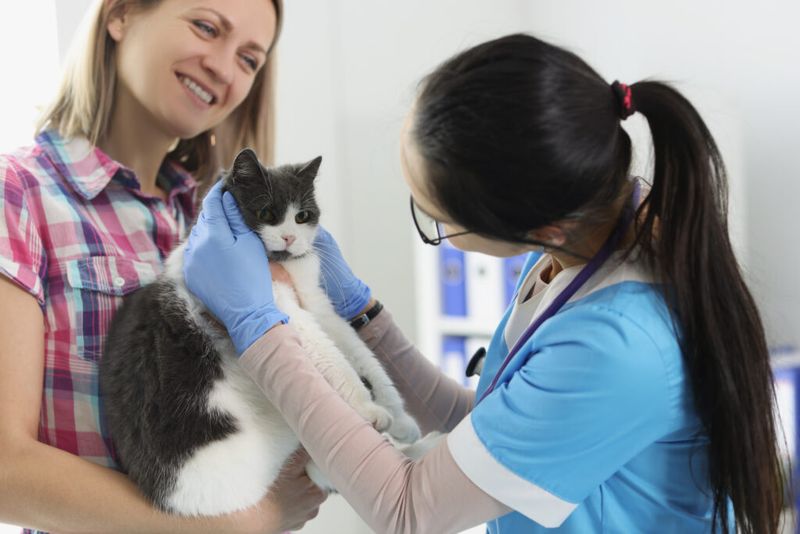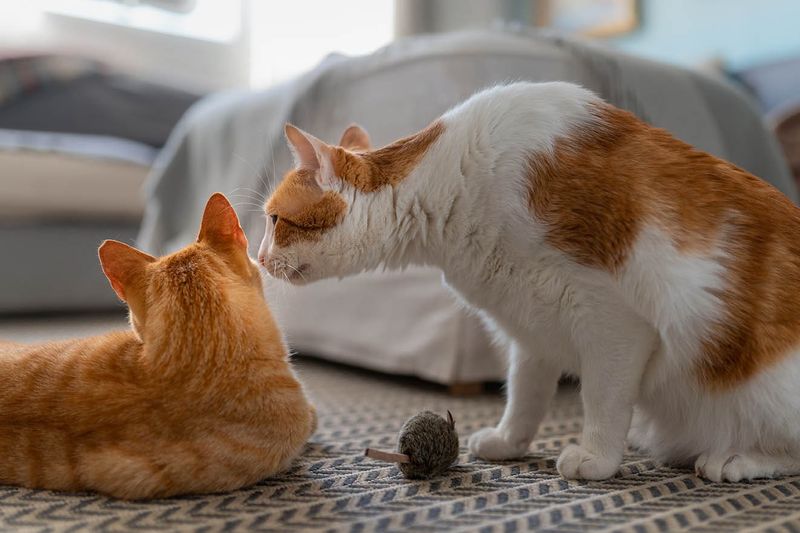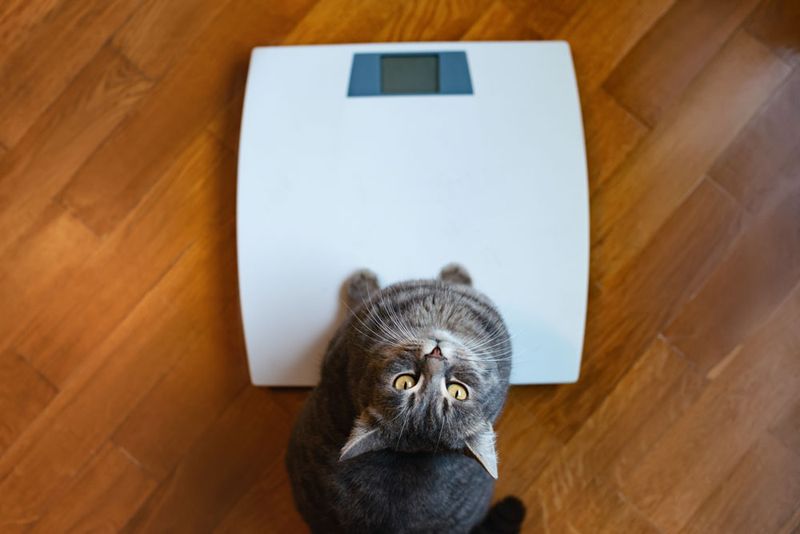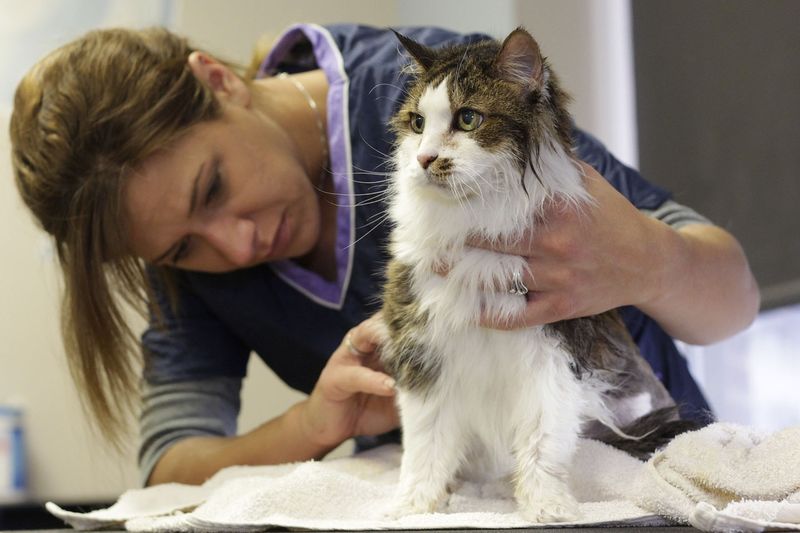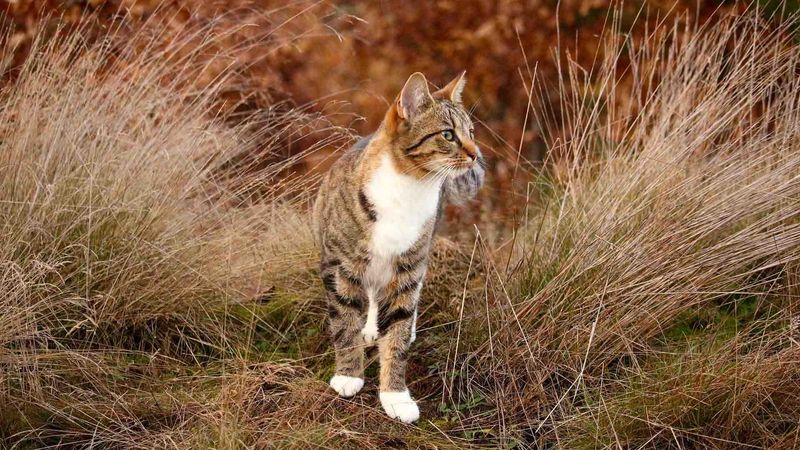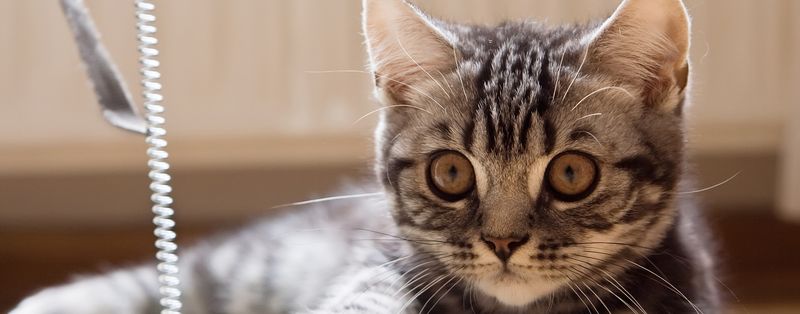📖 Table of Content:
Cats often seem like low-maintenance companions, but they have needs that require attention and care. Despite their independent nature, there are common mistakes that can inadvertently affect their health and happiness. These errors may go unnoticed, but their impact can be significant on a cat’s well-being.
While cats may seem self-sufficient, they thrive in environments where their human caregivers are attuned to their needs. Even the most experienced cat owners can fall into habits that unintentionally cause stress or discomfort for their feline friends. Identifying these habits is the first step toward creating a more supportive and loving home.
Correcting these simple yet crucial mistakes can make a world of difference in a cat’s life. With a little awareness, it’s possible to ensure that your cat enjoys a more comfortable, happy existence. Keep reading to discover 10 common mistakes and how to avoid them to improve your cat’s quality of life.
1. Ignoring Dental Health
Have you ever considered your cat’s dental health? It’s a vital area often overlooked. Cats, much like humans, require regular oral care to prevent diseases. Neglecting this can lead to severe health issues.
Imagine your feline friend struggling with pain every time they eat. This can be avoided with regular brushing and dental check-ups. There are cat-specific toothbrushes and toothpaste available. Training your cat to accept this routine might take patience, but it’s worth it.
Remember, a healthy mouth contributes to a happy cat. It’s not just about fresh breath; it’s about overall wellness.
2. Inconsistent Feeding Schedule
Cats thrive on routine, and a consistent feeding schedule is crucial for their health. Feeding your cat at random times can lead to behavioral issues and anxiety. Consistency in feeding teaches your cat when to expect meals, reducing stress.
This stability can significantly impact their well-being. Try to feed your cat at the same time every day, morning and evening. Use a timer or set an alarm if necessary.
Regular feeding patterns help maintain their natural rhythms and ensure they receive the right nutrients at the right times. Your commitment to this schedule shows your cat they’re cared for.
3. Lack of Playtime
Playtime isn’t just fun; it’s essential for your cat’s mental and physical health. Many cat owners underestimate the importance of regular play, neglecting this vital aspect of cat care. Without enough play, cats can become bored, overweight, or even destructive.
Interactive toys like feather wands and laser pointers can stimulate your cat’s hunting instincts. This not only helps them stay active but also strengthens your bond.
Set aside time each day for play. It’s an opportunity for exercise and mental enrichment. Plus, it’s a joyful way for you to connect with your furry friend.
4. Overlooking Litter Box Maintenance
The litter box is a crucial part of your cat’s environment. Cleanliness here affects your cat’s comfort significantly. Many cat parents don’t realize the impact of an unclean litter box on their pet’s well-being.
Regular cleaning prevents unpleasant odors and keeps your cat happy. Scoop the litter daily and change it entirely once a week. Choosing the right litter and box size also matters.
Pay attention to your cat’s preferences and reactions. A clean litter box reduces the risk of accidents and encourages healthy bathroom habits. It’s a simple yet vital part of cat care.
5. Skipping Regular Vet Visits
Regular vet visits are crucial for your cat’s health, yet many owners skip them due to oversight or misunderstanding. These visits aren’t just for vaccinations. They help detect health issues early and ensure your cat receives proper care.
Preventative care can save you from future heartache and expenses. Vets can offer valuable advice on diet, weight, and behavior.
Schedule annual check-ups and stay updated on vaccinations. Regular visits mean healthier, longer lives for cats. It’s about being proactive in preventing disease and ensuring your feline friend’s well-being.
6. Improper Socialization
Socialization is as vital for cats as it is for dogs, yet often overlooked. Proper socialization helps cats adapt to different environments and people, reducing fear and aggression.
Introduce your cat to new experiences gradually. This includes meeting other pets and being around different types of people. These interactions help build confidence and reduce anxiety.
Cats exposed to diverse situations tend to be more adaptable and less stressed. Socialization provides mental stimulation and enriches your cat’s life, making them more comfortable in their surroundings.
7. Not Monitoring Weight
Weight management is an often neglected aspect of feline care. Obesity can lead to various health issues, including diabetes and joint problems. Monitoring your cat’s weight is vital for their overall well-being.
Provide a balanced diet and plenty of exercise. Regularly weigh your cat and adjust their food intake if needed. Consult your vet for a tailored diet plan.
Keeping your cat at a healthy weight extends their lifespan and enhances their quality of life. It’s about more than just appearance; it’s about promoting a long, healthy life.
8. Ignoring Grooming Needs
Grooming is more than aesthetics; it’s an essential part of your cat’s health. Regular brushing prevents matting and reduces hairballs, especially in long-haired breeds. Neglecting grooming can lead to skin problems and discomfort.
Take time to understand your cat’s specific grooming needs. Some may require daily brushing, while others need less frequent attention.
Grooming sessions also strengthen your bond with your cat. They become special moments of care and attention. Your cat’s coat will shine, and their skin will remain healthy, contributing to their overall happiness.
9. Allowing Outdoor Roaming
Letting cats wander outdoors comes with major risks, such as accidents, infections, and dangerous run-ins with predators. It’s a common myth that cats require outdoor exploration to be content.
Instead, provide an enriched indoor environment with plenty of stimulation. Cat trees, perches, and interactive toys can satisfy their curiosity and instincts.
Consider building a secure outdoor enclosure if your cat craves the outside world. It’s about keeping them safe while allowing them to enjoy the fresh air. Their safety is a priority, and there are many ways to ensure they stay content indoors.
10. Neglecting Emotional Needs
Cats are emotional creatures, and their mental well-being is as important as their physical health. Ignoring their emotional needs can lead to stress and behavioral problems.
Spend quality time with your cat, providing affection and attention. Recognize their cues and respect their boundaries. Some might enjoy cuddling, while others prefer play.
Building a strong emotional bond contributes to your cat’s happiness. By understanding and responding to their needs, you create a supportive environment where they thrive emotionally. It’s about more than care; it’s about companionship and love.
